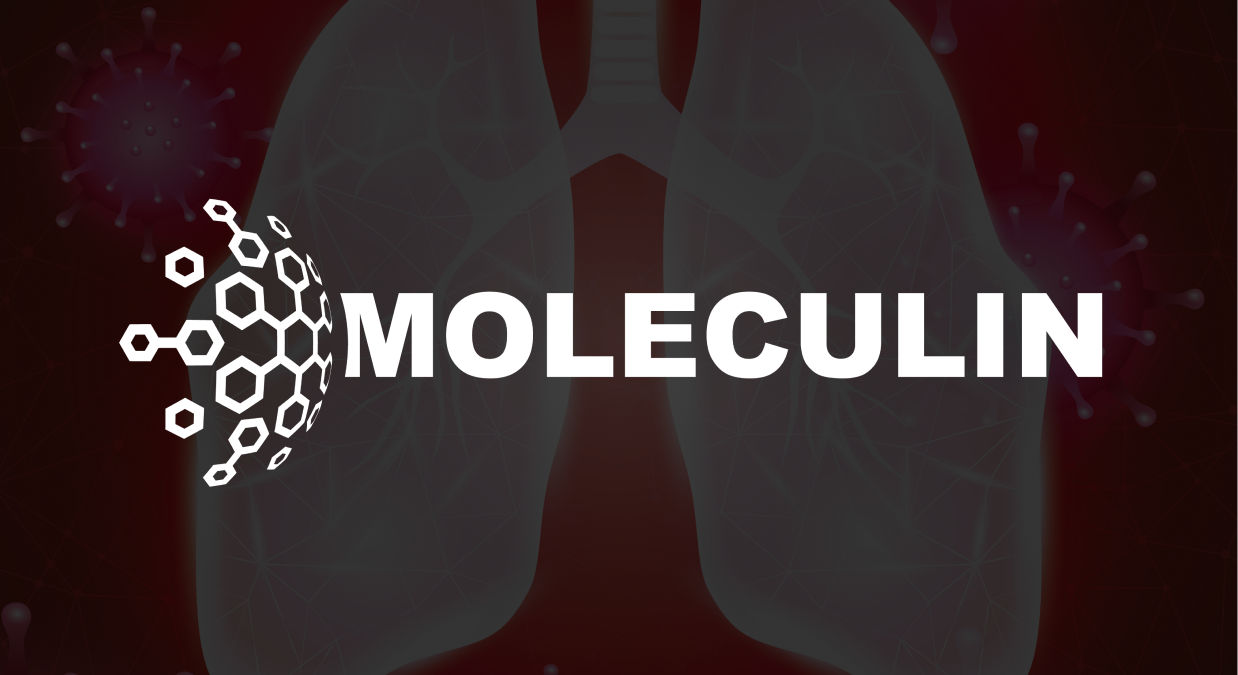Moleculin Announces Promising Results From U.S. Phase 1B/2 Trial Of Annamycin In Soft Tissue Sarcoma Lung Metastases
Moleculin announces positive Phase 1B/2 trial results for Annamycin in STS lung metastases.
Breaking News
Jun 06, 2025
Simantini Singh Deo

Moleculin Biotech, Inc., a late-stage pharmaceutical company focused on developing treatments for difficult-to-treat cancers and viruses, has announced positive topline results from its completed U.S. Phase 1B/2 clinical trial evaluating Annamycin for the treatment of soft tissue sarcoma lung metastases (STS lung mets). The trial, known as MB-107, marks an important milestone in the company’s efforts to advance Annamycin as a potential treatment for patients with limited therapeutic options.
The MB-107 study was conducted across multiple centers and followed an open-label, single-arm design. During Phase 1B of the trial, the primary objective was to identify the Maximum Tolerated Dose (MTD) and Recommended Phase 2 Dose (RP2D), as well as assess the safety profile of Annamycin. In the Phase 2 portion, the focus shifted to evaluating the drug’s efficacy as a monotherapy in patients diagnosed with STS lung mets, a condition for which chemotherapy is often considered an appropriate treatment.
Walter Klemp, Chairman and Chief Executive Officer of Moleculin, stated, These positive topline results from MB-107 are incredibly encouraging. The impact Annamycin demonstrated on median overall survival, particularly with patients who received multiple prior chemotherapy regimens, exceeded expectations. Additionally, the improvement seen with PFS after two doses represents a real potential for Annamycin to provide a meaningful treatment option for the treatment of STS lung mets. Looking ahead, we believe these results strongly support further evaluations of Annamycin for the treatment of STS lung mets and we look forward to exploring opportunities to potentially bring this important treatment option to patients.”
Annamycin is an anthracycline that has been designed to overcome resistance mechanisms typically seen with standard treatments while minimizing the risk of cardiotoxicity, a common side effect associated with traditional anthracyclines. The encouraging results from this trial support further development of the drug and provide a foundation for potential future studies. Additional details about the MB-107 trial can be found on clinicaltrials.gov using the identifier NCT04887298.
